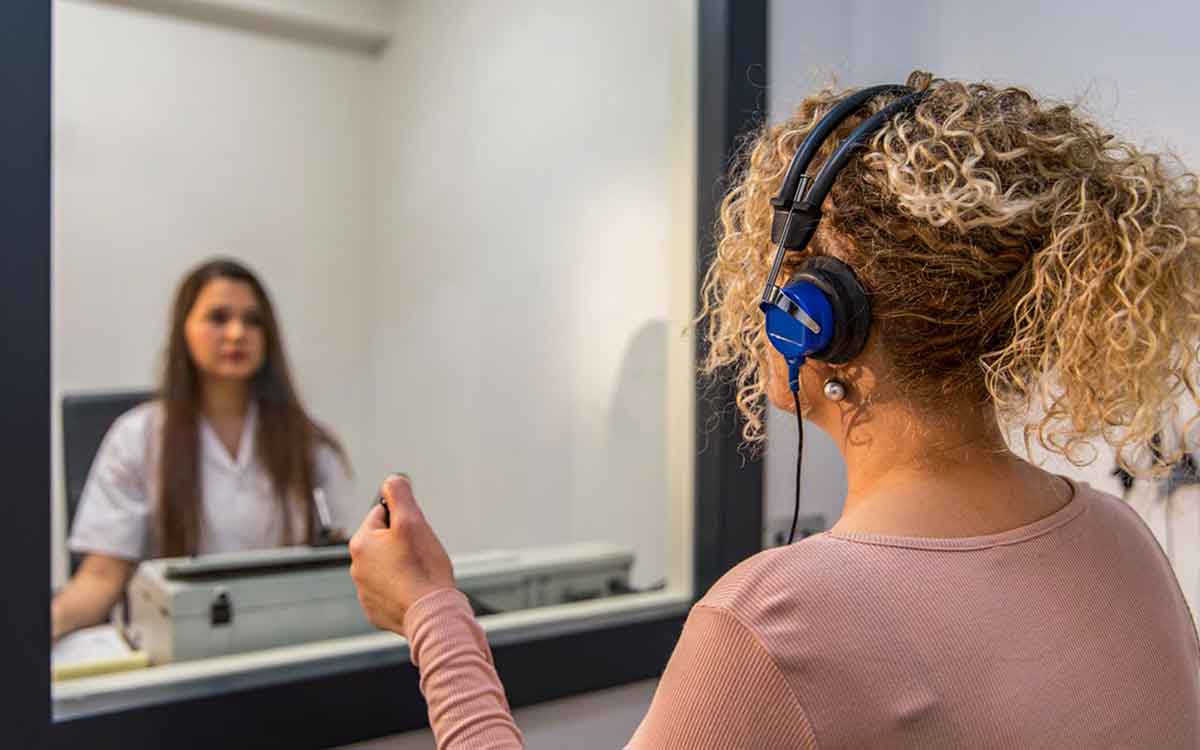
When should you schedule a hearing evaluation? Here are a few indications that suggest you should get your hearing evaluated.
The other day, my kids complained about how loud my television was. Do you want to know what I said to them? I said, “What?!” It was intended to be funny. But there’s nothing comical about neglected hearing loss. The volume of the TV has been increasing. And I began to wonder: Should I get a hearing test?
There aren’t many reasons not to set up a hearing test. They’re not invasive, there’s no radiation, and you don’t have to be concerned about discomfort. You just need to take a brief moment to schedule an appointment.
Given the significant impact that unaddressed hearing loss can have on your overall well-being, it’s crucial to be proactive about monitoring your hearing.
You should have your hearing tested if you observe these signs
If you’ve recently noticed any signs of hearing loss, it’s probably a good plan to get a professional hearing screening. If it’s difficult to hear, it likely means there’s considerable hearing impairment.
- Background noise can be overwhelming: Have you ever struggled to hear a conversation in a loud or crowded setting, where the surrounding racket makes it difficult to hear every word? That could be an indication of hearing loss.
- People always seem to be talking unclearly: The problem might not always be volume but rather clarity.
- You frequently miss text messages: Your phone is designed to be attention-grabbing. If you regularly fail to notice incoming calls or texts, the issue may be that you’re not able to hear them.
- Ringing that won’t go away: Ringing in your ears, also called tinnitus, is typically a sign of hearing damage.
Other indications you should make an appointment for a hearing test:
- Your ear is still clogged following an infection
- Excess earwax has accumulated and can not be removed by self-cleaning approaches
- Medicines you’re taking may be harming your hearing
- Identifying where sounds are coming from can be challenging
- You have vertigo
Routine hearing evaluations
Even if you aren’t experiencing any obvious symptoms, it’s still important to schedule regular hearing exams.
- It is recommended to have a baseline test completed after reaching the age of 21.
- For individuals with normal hearing, it’s advised to have a hearing assessment every three years.
- If you display symptoms of hearing loss, have it assessed right away and then annually afterwards.
Regular screenings may identify hearing loss early, before any symptom are obvious. Early professional attention can significantly increase your chances of maintaining healthy hearing over time. This means you should probably turn your TV down and set up a hearing test.
